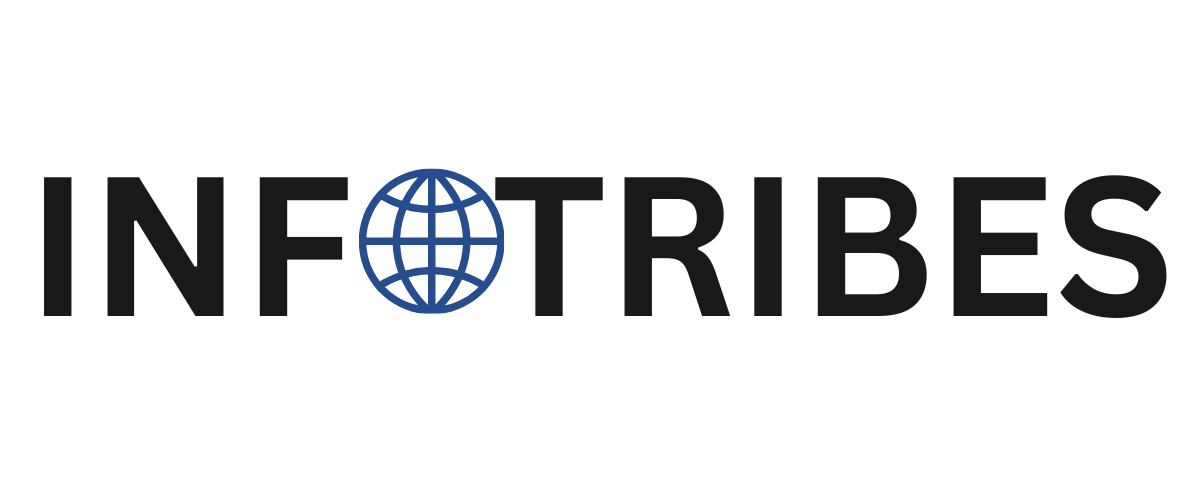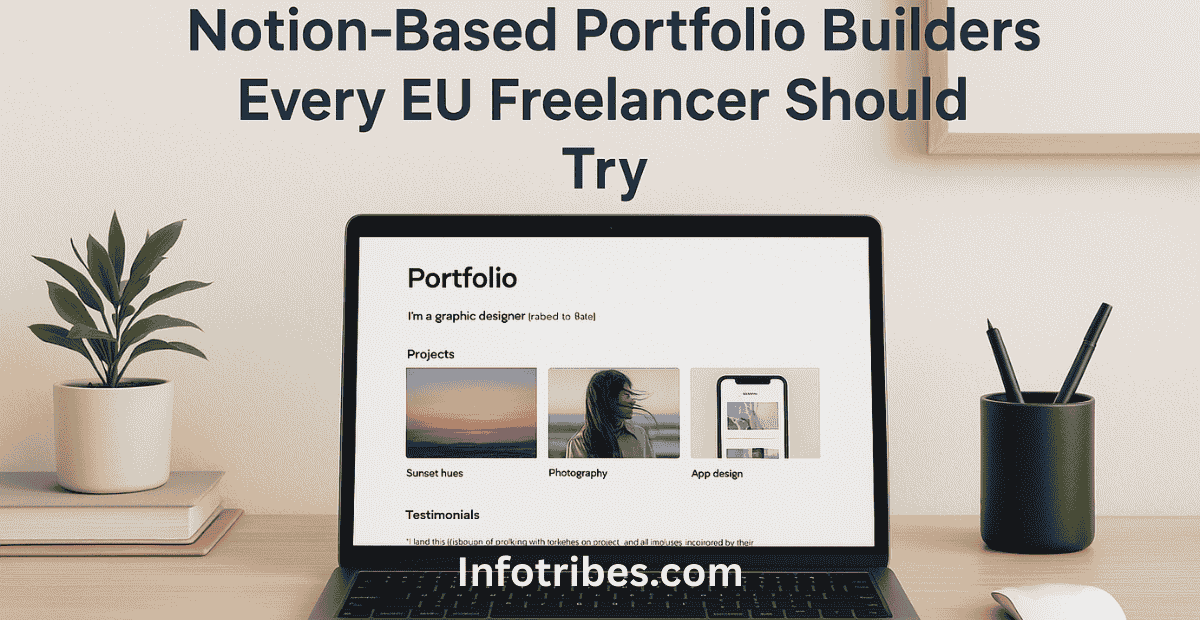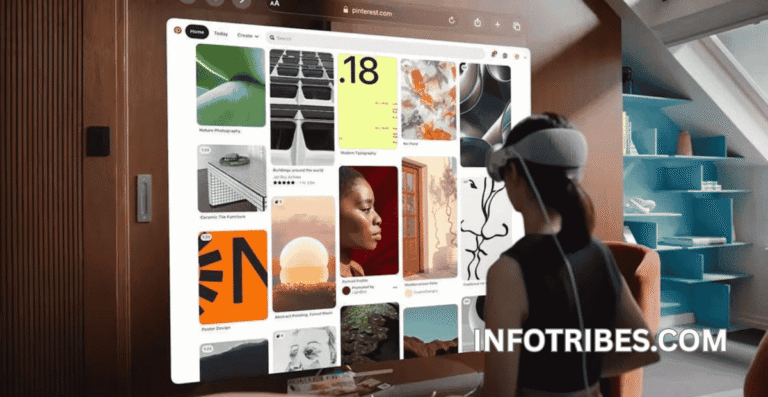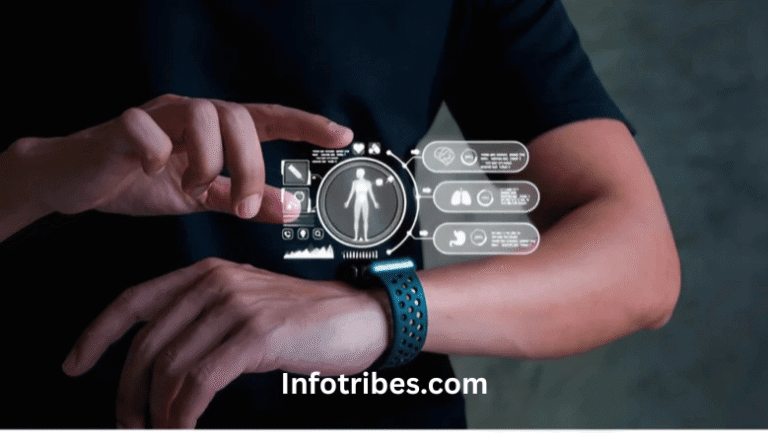Notion-Based Portfolio Builders Every EU Freelancer Should Try
In today’s competitive freelance economy, building a portfolio is no longer optional—it’s essential. For freelancers across Europe, showcasing work in a professional, accessible, and visually appealing way is the difference between landing projects and being overlooked. Traditional portfolio websites can be costly, complicated, and time-consuming to maintain. That’s why Notion-Based Portfolio Builders have become a game-changer for freelancers, particularly in the EU.
With Notion, freelancers can design fully customizable, lightweight, and interactive portfolios without needing advanced web design skills. Combined with a growing ecosystem of templates and builders, Notion makes it easier than ever for European freelancers to present their expertise, achievements, and projects to clients worldwide.
This guide will explore the value of Notion as a portfolio platform, review some of the most effective Notion-Based Portfolio Builders, and explain why EU freelancers should adopt them in their careers.
Zero-Trust Email Security for Small UK Offices: A Practical Guide
Why Portfolios Matter for EU Freelancers
For freelancers in Europe, portfolios serve as the ultimate credibility booster. Whether you are a graphic designer in Berlin, a web developer in Warsaw, or a content writer in Madrid, your portfolio is your calling card.
Clients in the EU and beyond want quick proof of your abilities. A strong portfolio:
- Establishes trust and professionalism.
- Highlights relevant experience and case studies.
- Serves as an easy-to-share link for networking.
- Differentiates freelancers from the competition.
The challenge lies in building a portfolio that balances cost-efficiency, accessibility, and design quality. For many freelancers, traditional platforms like WordPress or custom-coded sites can feel overwhelming. That’s where Notion-Based Portfolio Builders come in as a practical solution.
Why Notion for Portfolios?
Notion has quickly evolved from a productivity tool to a creative hub. Its flexibility makes it ideal for building simple yet professional portfolios. Here’s why EU freelancers are gravitating towards Notion:
- Ease of Use
Notion is intuitive, requiring no coding or advanced web development knowledge. Freelancers can focus on showcasing their work instead of debugging design issues. - Cost-Effective
Unlike many website platforms, Notion is free to use at its basic level. This makes it appealing for freelancers who want to minimize expenses while still presenting themselves professionally. - Customizable Layouts
With templates, freelancers can design portfolios that align with their personal branding. Whether you prefer minimalist aesthetics or bold visuals, Notion adapts easily. - Instant Sharing
Portfolios created in Notion can be shared with a single link. This is particularly useful for EU freelancers working with clients across different countries and time zones. - Integration with Tools
Notion supports embeds, databases, and integrations, allowing freelancers to display project details, testimonials, and even interactive content.
By combining affordability, flexibility, and ease of sharing, Notion empowers freelancers to stand out in the EU’s competitive digital economy.
What Are Notion-Based Portfolio Builders?
While freelancers can create portfolios manually within Notion, Notion-Based Portfolio Builders are specialized tools and templates designed to streamline this process. These builders:
- Provide pre-designed templates tailored for portfolios.
- Offer drag-and-drop customization to match personal branding.
- Optimize pages for both desktop and mobile viewing.
- Sometimes add advanced functionality, like custom domains or analytics.
Instead of starting from scratch, freelancers can pick a builder or template that suits their style, customize it, and publish quickly.
Benefits of Using Notion-Based Portfolio Builders in the EU
For EU freelancers specifically, Notion-Based Portfolio Builders offer unique advantages:
- Cross-Border Appeal: Portfolios can be accessed by clients across Europe without language or technical barriers.
- GDPR-Friendly Storage: Notion complies with EU data regulations, giving freelancers peace of mind.
- Remote Work Compatibility: With the rise of remote freelancing in Europe, easy-to-share online portfolios make cross-country collaboration seamless.
- Budget-Friendly: Freelancers in early career stages or living in countries with lower average project rates can build professional portfolios without high upfront costs.
Top Notion-Based Portfolio Builders for EU Freelancers
Here are some of the best options that European freelancers can leverage:
1. Super.so
Super.so transforms Notion pages into polished websites with custom domains. For freelancers, this means you can create a Notion portfolio and give it a professional domain like yourname.com. It also adds fast load speeds and SEO optimization.
Best For: Freelancers who want their portfolio to feel like a traditional website while keeping the simplicity of Notion.
2. Potion.so
Potion allows freelancers to convert Notion pages into websites with more design flexibility than standard Notion. EU freelancers can benefit from its fast hosting, responsive design, and ability to brand the portfolio.
Best For: Creative freelancers like designers or illustrators who want aesthetic control.
3. Fruition
Fruition is a free, open-source tool that enables freelancers to set up a custom domain for their Notion portfolio. Although it requires a little more setup, it’s a cost-effective choice for EU freelancers on a tight budget.
Best For: Cost-conscious freelancers who are comfortable with a bit of configuration.
4. Notion Templates (Community-Driven)
The Notion community offers countless pre-built portfolio templates designed by other freelancers. Many of these templates are free or available for a small fee. They provide ready-to-use layouts for designers, writers, and developers.
Best For: Freelancers who want to get started quickly without external tools.
5. Indify Widgets with Notion
While not a full builder, Indify allows freelancers to enhance their Notion portfolios with widgets like timelines, skill charts, and counters. This can make a portfolio feel more interactive and dynamic.
Best For: Freelancers seeking to showcase data or milestones creatively.
How to Build a Portfolio with Notion Step by Step
For EU freelancers new to Notion, here’s a quick roadmap:
- Set Up Your Notion Workspace
Start with a blank page and name it something professional (e.g., “Portfolio – John Doe”). - Choose a Template or Builder
Select a Notion-Based Portfolio Builder like Super.so or a free template from the Notion community. - Add Core Sections
Include essential sections such as:- Introduction/About Me
- Services Offered
- Selected Projects/Case Studies
- Testimonials/Client Feedback
- Contact Information
- Customize Branding
Adjust fonts, colors, and layouts to match your personal brand identity. - Integrate Visuals
Use images, mockups, and videos to make your work stand out. - Connect to a Domain (Optional)
For a polished touch, connect your portfolio to a domain name using tools like Super.so or Potion. - Publish and Share
Generate a shareable link and start including it in proposals, email signatures, and LinkedIn profiles.
Mistakes EU Freelancers Should Avoid with Notion Portfolios
While Notion-Based Portfolio Builders simplify the process, freelancers should watch out for these common errors:
- Overloading with Content: Keep portfolios concise. Clients don’t have time to scroll through endless details.
- Ignoring Mobile Optimization: Many clients review portfolios on mobile devices—always check formatting.
- Lack of Branding: A generic template without customization can make your portfolio forgettable.
- No Clear Call-to-Action: Always include a “Contact Me” button or email link.
- Not Updating Regularly: Outdated portfolios reflect poorly on professionalism.
Case Studies: EU Freelancers Using Notion Successfully
Case 1: A Designer in Paris
Marie, a freelance graphic designer in Paris, uses Potion to host her Notion portfolio with a custom .fr domain. By showcasing her projects in both English and French, she attracts international clients and complies with EU data norms.
Case 2: A Developer in Warsaw
Piotr, a web developer, uses Fruition to build his Notion portfolio for free. His minimalistic approach highlights GitHub projects and testimonials, helping him secure contracts with German startups.
Case 3: A Copywriter in Barcelona
Sofia, a content writer, leverages a Notion template with embedded writing samples. She links her portfolio to LinkedIn and has grown her client base across Spain and Italy.
These examples highlight how Notion-Based Portfolio Builders are versatile enough to support different industries and freelance goals across Europe.
Future of Notion-Based Portfolios in Europe
The freelance economy in Europe is expanding rapidly, with millions of professionals choosing self-employment. As competition intensifies, the demand for cost-effective, flexible, and globally accessible portfolio tools will only grow.
Notion’s ecosystem is also evolving. Builders like Super.so and Potion are adding advanced features like SEO tools, analytics, and integrations, making portfolios more powerful. For EU freelancers, this means greater opportunities to present themselves globally while maintaining low operational costs.
Conclusion
For EU freelancers, building a professional and accessible portfolio is one of the most important steps toward winning consistent work. Traditional websites can be expensive and complicated, but Notion-Based Portfolio Builders provide an elegant alternative. They combine simplicity, affordability, and flexibility, making it easy for freelancers across Europe to create and share their work with potential clients.
Whether you’re a graphic designer in Paris, a developer in Warsaw, or a content writer in Barcelona, these builders allow you to present your projects in a way that highlights your strengths while staying within budget. With options like Super.so for polished domains, Potion.so for customization, Fruition for cost-conscious builders, or community templates for fast setup, there is a Notion-based solution for every freelancer.
As the European freelance economy continues to grow, portfolios built on Notion will become an increasingly valuable tool for standing out in a competitive marketplace. By adopting this modern approach now, freelancers can establish a stronger presence, connect with international clients, and future-proof their careers in the digital age.
AI Prompts Every European Accounting Student Should Know
FAQ
Q1: What makes Notion-Based Portfolio Builders different from traditional website platforms?
They simplify portfolio creation by using Notion’s drag-and-drop interface, making it accessible even for freelancers with no coding or design experience. Many builders also support custom domains, mobile responsiveness, and fast publishing.
Q2: Are Notion-Based Portfolio Builders suitable for all types of freelancers?
Yes. Designers, writers, developers, consultants, and even virtual assistants in the EU can all benefit. The flexibility of Notion makes it adaptable to almost any profession.
Q3: Do I need to pay for Notion to build a portfolio?
No. The free version of Notion is often enough for creating portfolios. However, pairing it with tools like Super.so or Potion.so (which may charge fees) can enhance functionality and provide custom domains.
Q4: Can I use a custom domain with my Notion portfolio?
Yes. Builders like Super.so and Potion.so allow you to connect your Notion portfolio to a domain name, such as yourname.com, for a more professional look.
Q5: How secure are Notion-Based Portfolio Builders for EU freelancers?
Notion complies with GDPR and offers secure hosting. However, freelancers should avoid uploading sensitive client data directly and instead focus on showcasing project outcomes.
Q6: How often should I update my Notion portfolio?
At least once every few months, or whenever you complete a major project. Keeping your portfolio current ensures it reflects your latest skills and achievements.
Q7: What’s the fastest way to get started with a Notion portfolio?
Use a free template from the Notion community, personalize it with your work samples, and share the link. Later, you can upgrade by connecting it to a domain or adding widgets for interactivity.







